
About This Quiz
Every day around the world about 1 billion cars are out there on the roads doing something. Commuting to work, honking at each other, gassing up, or just looking pretty in a garage. Drivers are putting the pedal to the metal and burning rubber to get where they're going as fast as possible. Traffic is bumper to bumper in total gridlock. Speeders are blowing the doors off of land yachts and backseat drivers are causing road rage as you wait for a Sunday driver to get moving. And that was just a quick sample of the kind of auto phrases we toss out in casual conversation each and every day. From running on fumes to pulling off a Rockford turn, you probably don't even realize how often you resort to a casual idiom or fun turn of phrase that has roots in the world of cars and drivers.
You need not be a gearhead to be familiar with most of these terms and phrases, but it wouldn't hurt either. If you're not just someone who drives the drive but someone who talks the talk, then you'll make short work of these common phrases. So buckle up and don't spare the horses as you take the quiz.
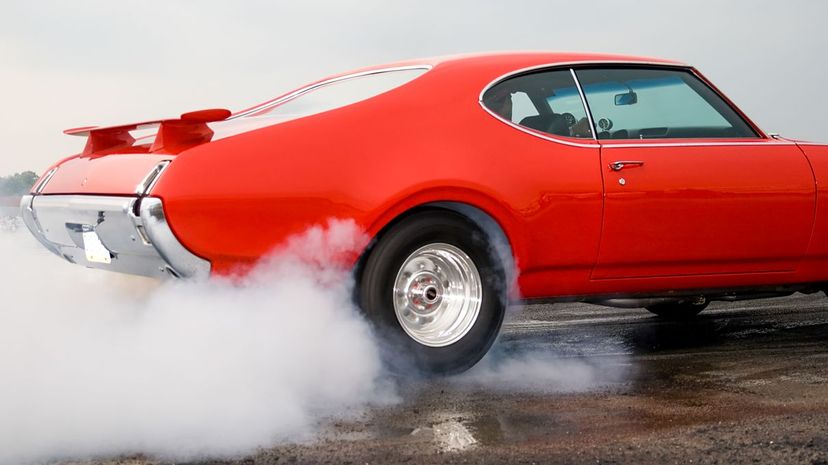
Drive i like you stole it is a phrase that applies to anything you're driving fast, usually in a somewhat reckless manner. The reason being that you have to assume you'd be in a bit of a hurry if you just stole the car, right? It's also a song by "Sing Street."
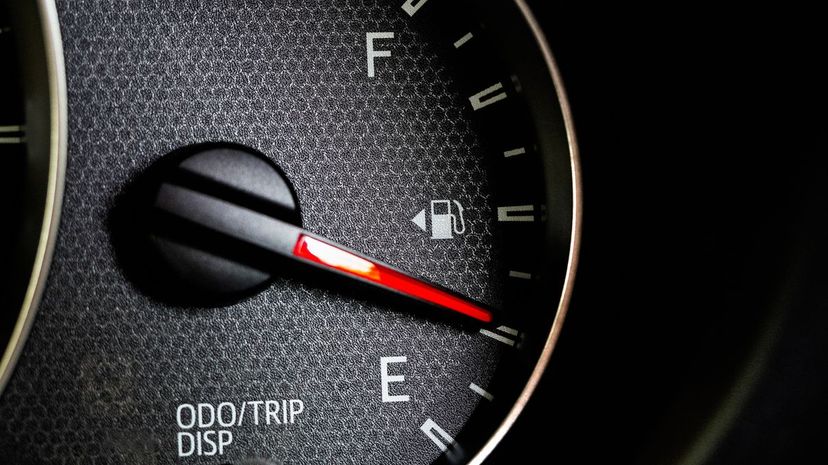
When the needle is on E and the car is still going, you're running on fumes. It's also an acceptable expression for when you're feeling pretty beat and out of energy, but the origin comes from the automotive world.
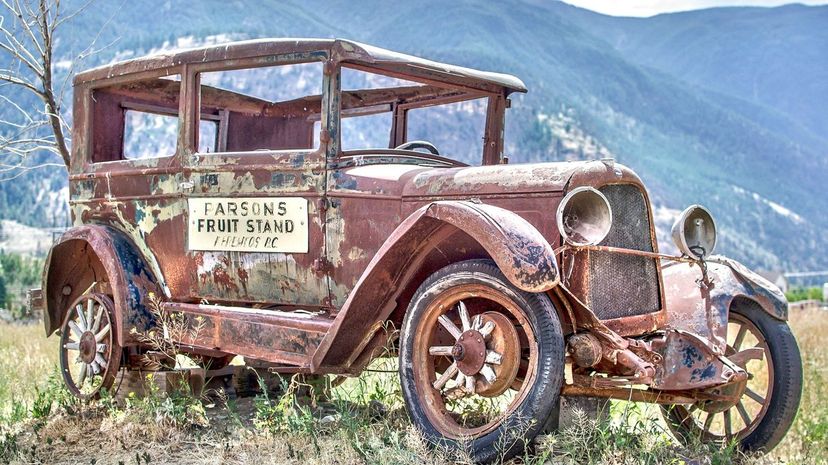
Ford sold millions of Model Ts back in the day and they ended up with the nickname "Tin Lizzie." The name comes from a car race in 1922 when a man named Noel Bullock entered his hoodless, unpainted Model T named "Old Liz" into the race. Spectators mocked it for looking like a tin car and "Tin Lizzie" was born. When it won the race, beating much better-looking cars, it spread and stuck.
Advertisement

Anyone in the passenger seat is said to be riding shotgun. The term comes from the days of stagecoaches when the stagecoach driver had a guard sitting next to them who literally carried a shotgun to fight off bandits.
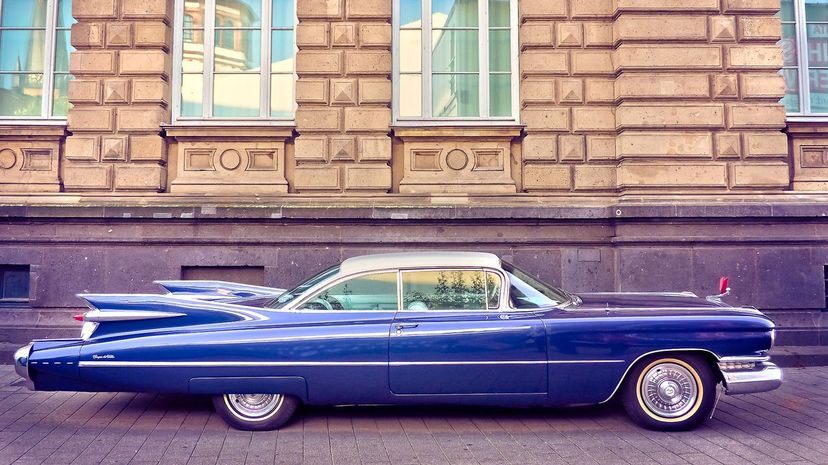
The late '50s and through to the '70s saw a rise in cars like the Imperial LeBaron and the Cadillac Sixty Special. The Imperial LeBaron was just shy of 20 feet long, making it the longest production car that wasn't a limousine on the road. That earned it and cars like it the name of land yacht.

No one likes a backseat driver, but they show up from time to time with the tiring habit of telling you where to go and how to get there. One of the earliest uses of the phrase dates all the way back to 1914 in the "Daily Kennebec Journal" from Augusta, but in that instance it referred to fire engines. The use of it to denote an annoying passenger can be traced to at least 1921.
Advertisement
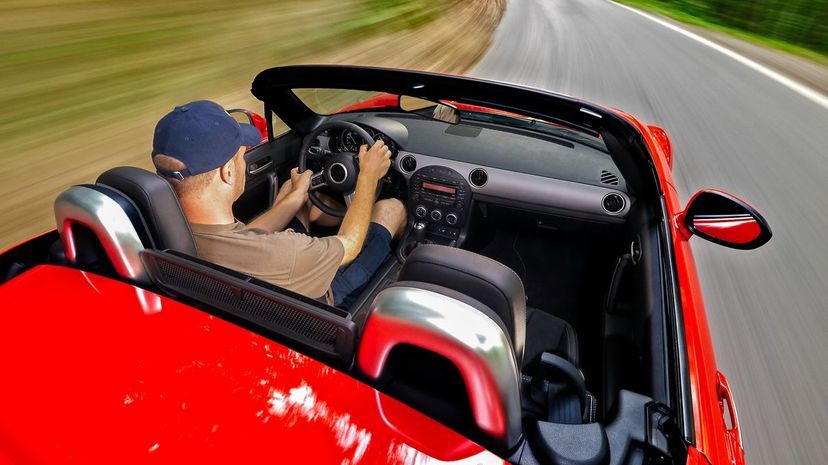
The phrase "put the pedal to the metal" seems to date back to sometime in the 1970s. It's kind of a fun rhyme that's a more creative way of saying you need to speed up so it's not hard to see why it caught on.
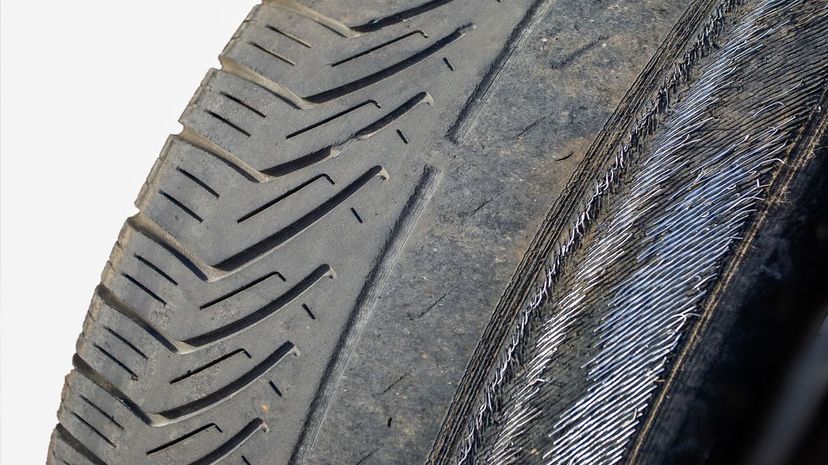
The absolute cheapest tires money can buy are called bologna skins. Bologna, as you may have noticed, is usually cased in a very thin, plastic-like film that's not good for much. The term is generally a derogatory one because you wouldn't use it to describe anything of quality.
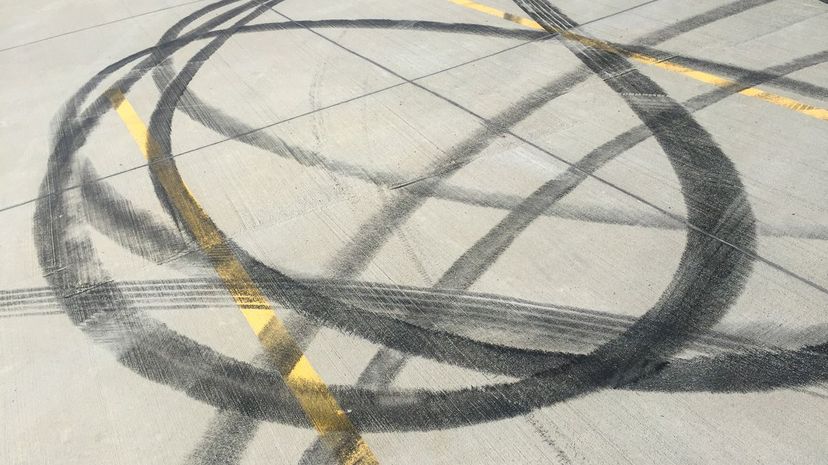
Spinning donuts is not necessarily something you want to do around a driving instructor or a police officer. Usually done in an empty parking lot, it involves very rapidly braking into turns so the car spins in a full circle leaving round skid marks or donuts. This was another popular one from the '70s.
Advertisement
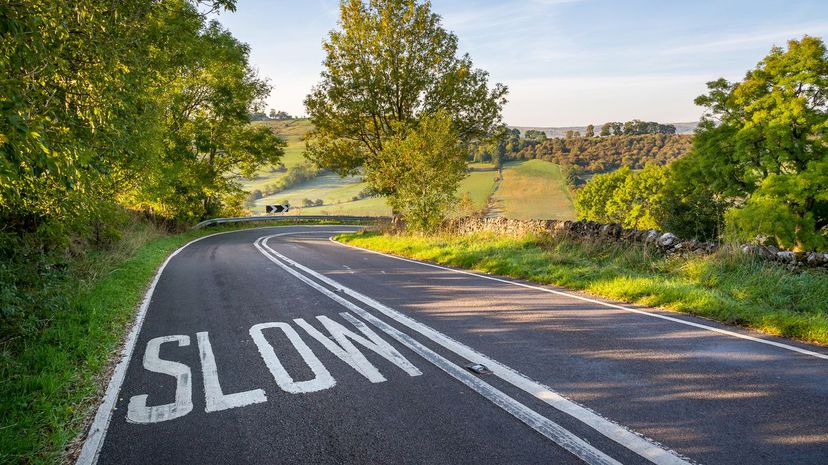
The term "Sunday driver" is an old one that implies someone is in no rush whatsoever. Sunday being a day of rest traditionally, anyone out for a Sunday drive is taking their time and maybe just watching the scenery.

A classic '70s-era saying, to burn rubber is a literal term referring to how a rapid acceleration can cause high friction which will cause a skid on the road and the melting of tires. Nowadays the phrase has gone beyond the auto world to mean doing anything quickly.
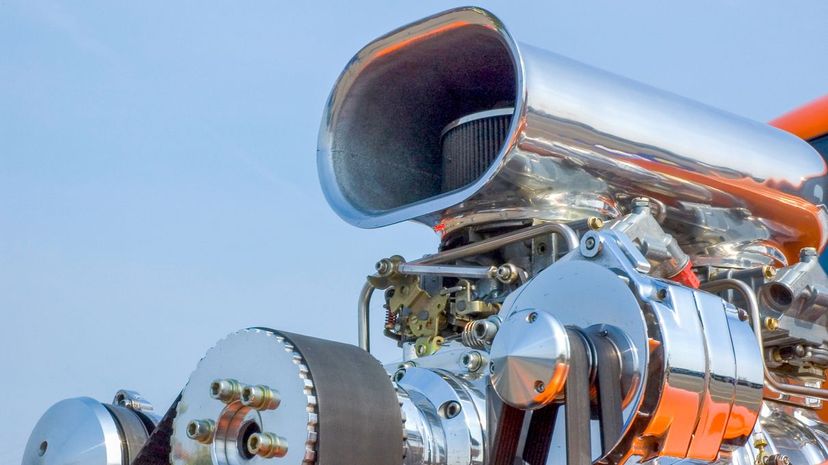
Power-to-weight ratio is a way to determine how fast a vehicle is likely to go. A big block V8 engine may seem like a powerful piece of machinery, but in a car that weighs 5,000 pounds it won't move you that fast. Higher power and lower weight means a faster car. Too much power and too little weight can result in poor handling.
Advertisement
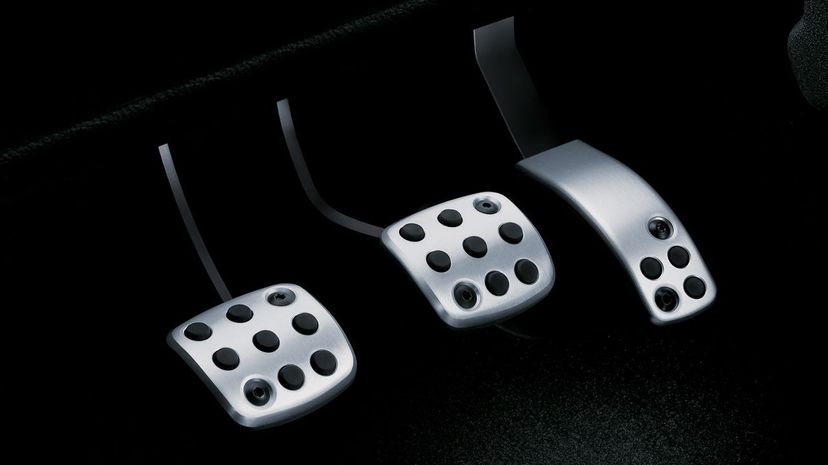
This is how you manage a corner with smoothness rather than a clunky two-step operation that takes too much time. Heel and toe is a smooth action of braking and shifting into a corner as one action. If you've never driven a manual transmission car, this probably means nothing to you.
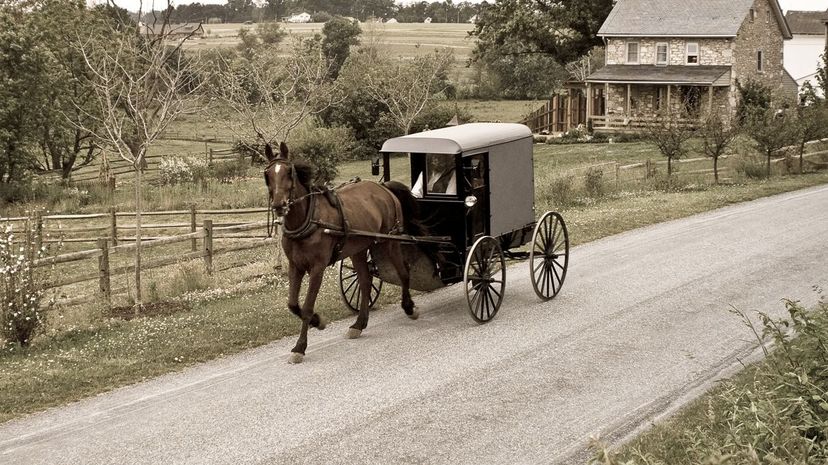
This one goes back into history, again to the days of stagecoaches and covered wagons, when going fast meant pushing a horse to its limit. The saying, "Don't spare the horses" means don't take it easy on them and make them ride as fast as possible.
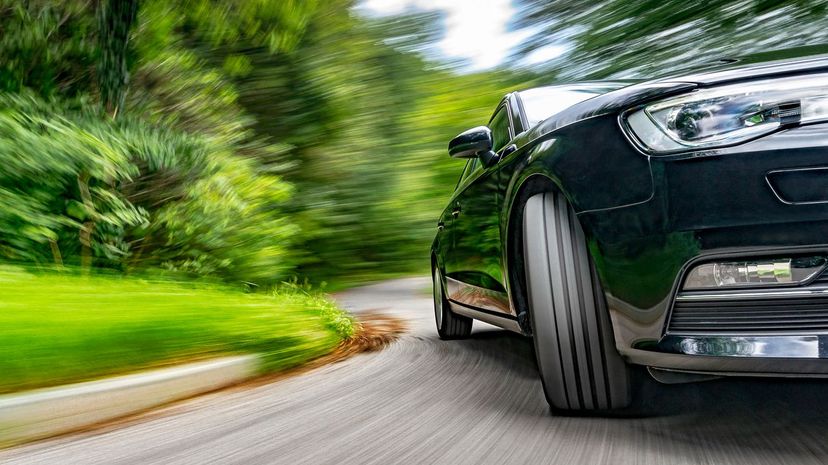
The '70s TV show "The Rockford Files" lends its name to this rather unsafe maneuver that involves turning a full 180 without stopping the car. For this to work, you need to accelerate in reverse, turn and peel out in rapid succession so that you're going in the exact opposite direction. Best reserved for stunt drivers in movies. Or '70s TV shows.
Advertisement
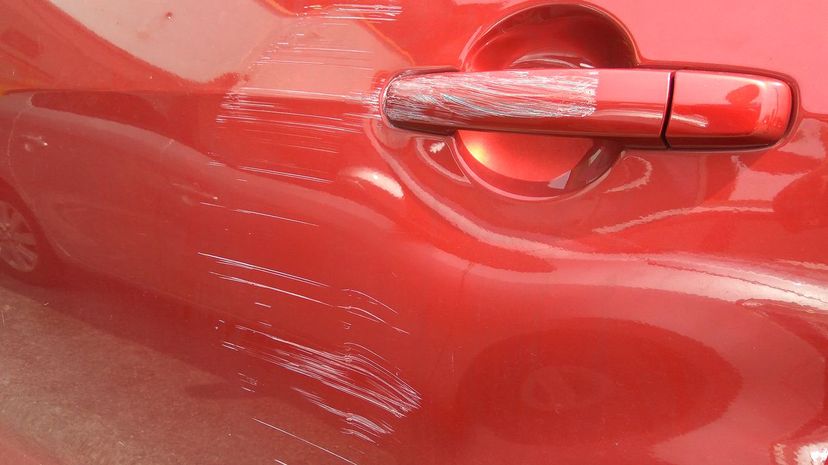
This saying was likely sincere once, but it's very often meant as a joke about serious damage these days. A scrape, scratch, or dent will buff right out of it's a small, insignificant thing, but you can also say it sarcastically about damage that is severe. It's from the actual practice of buffing and polishing which can mask very minor paint scratches.
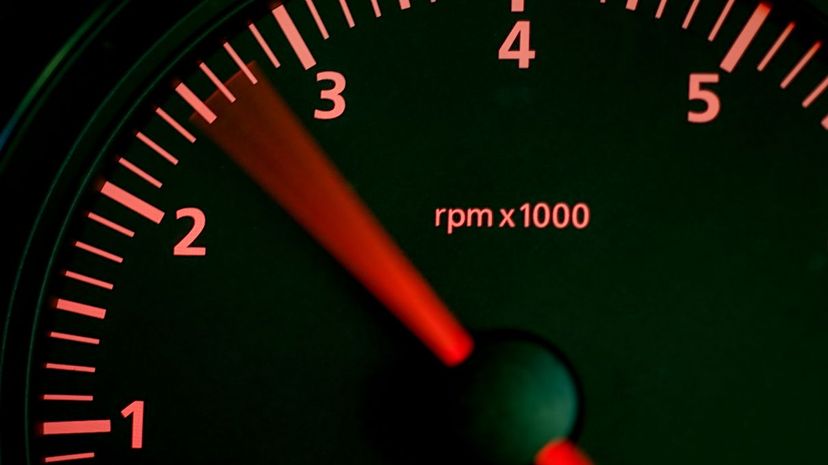
Blip the throttle isn't a technical term, but the onomatopoeia of the name indicates how the process works. You have to lightly and quickly hit the throttle, increasing RPMs so that they match up more closely with your wheel speed as you downshift.

Bumper-to-bumper traffic is gridlock, the kind of traffic jam in which it seems like you're all in a parking lot together because the bumper of the car behind you is nearly touching your bumper and likewise for you and the car ahead of you.
Advertisement
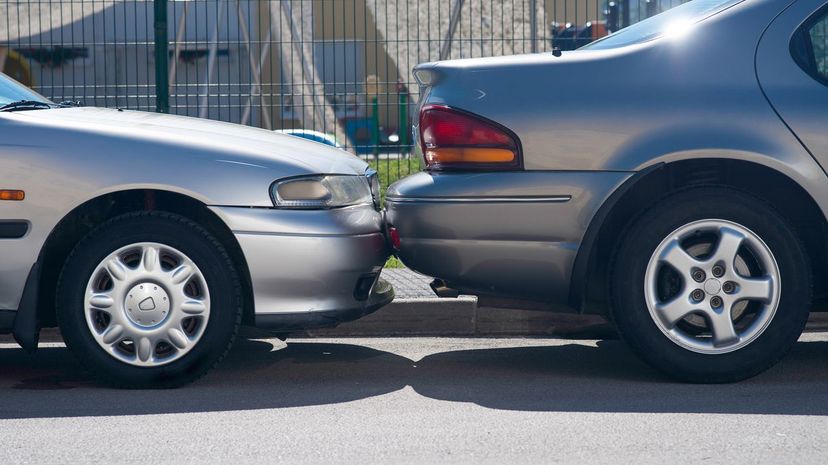
Everything is less serious when it rhymes, and fender bender works with that idea. An accident that barely results in more than a dent or scratch is a fender bender, but nothing serious should have the name applied. This one seems to date back to the '60s or '70s, but there's no solid origin for it.

Hit-and-run almost sounds playful, but it's a serious crime and that's the legal term for it as well. The term has been used to describe a style of military raid, but in reference to drivers leaving the scene of an accident it dates all the way back to 1924.

Blowing the doors off means you're going exceptionally fast. You're either beating someone in a race or blazing past them on the highway. The idea is that you're going so fast it will literally take the doors off of their car. It's also a general use term that means you're the best at something.
Advertisement
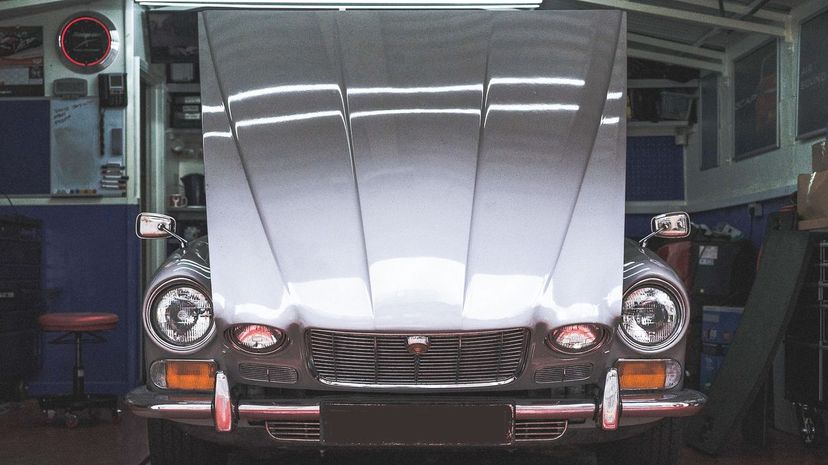
A garage queen is more of a looker than a performer. This kind of car is either always in a showroom like a museum piece or literally in someone's garage because the owner is either always working on it or just doesn't want to risk it getting damaged.
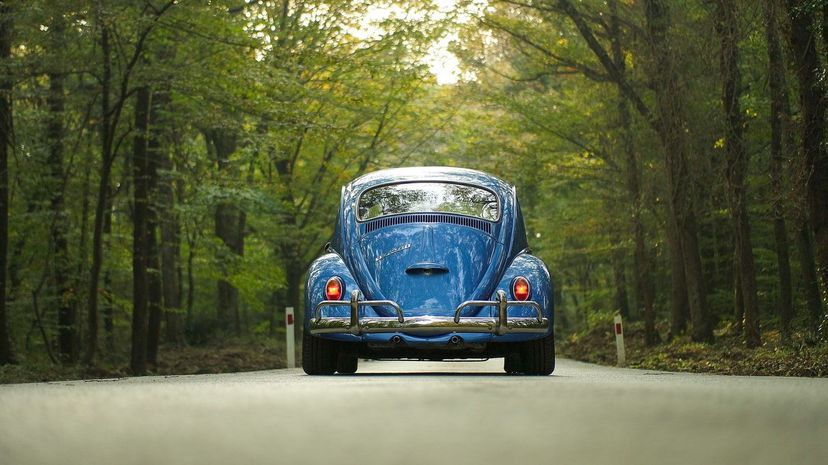
Disney is behind the tendency to call a VW Beetle a Bug thanks to the 1968 film "The Love Bug" and a series of four follow-up films about a VW Beetle that is alive and has feelings. The last one came out in 2005.
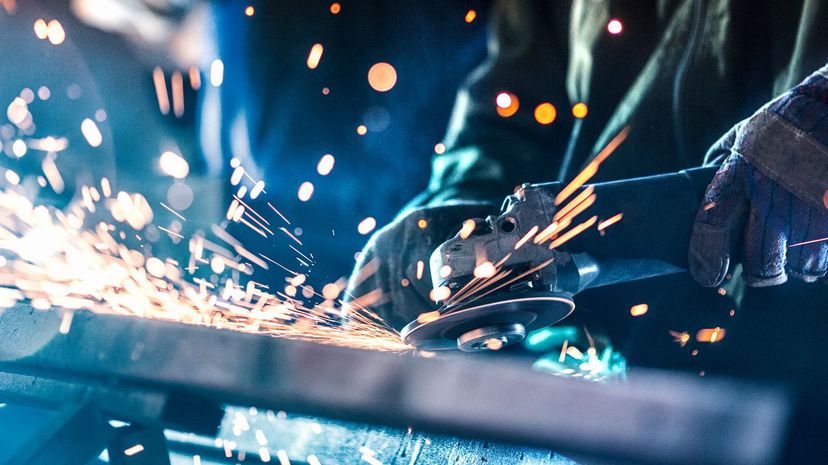
Chop shops are garages where some illicit work on stolen cars takes place. Word is the name refers to the specific act of cutting a car in half and welding a new one together with a different half. The idea nowadays is to disassemble the car for parts and use them elsewhere.
Advertisement
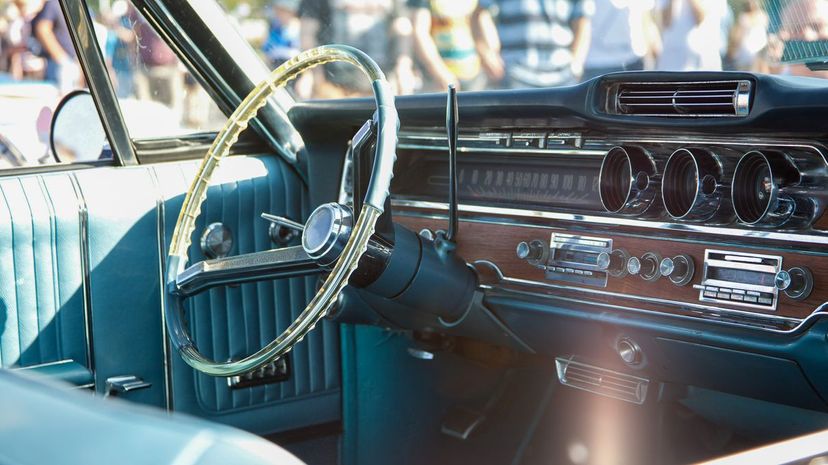
If the steering column is your tree and you only have three forward gears as was the case in older automobiles, then the gearshift could be called "three on the tree" and it made some sense. You're not likely to see one of these anymore.

This saying dates back to the early 1900s and the first automobiles. Firing on all cylinders means every cylinder in the engine is igniting in order to give the car optimal power. It can be used now to refer to anything that works flawlessly from a machine to a person.
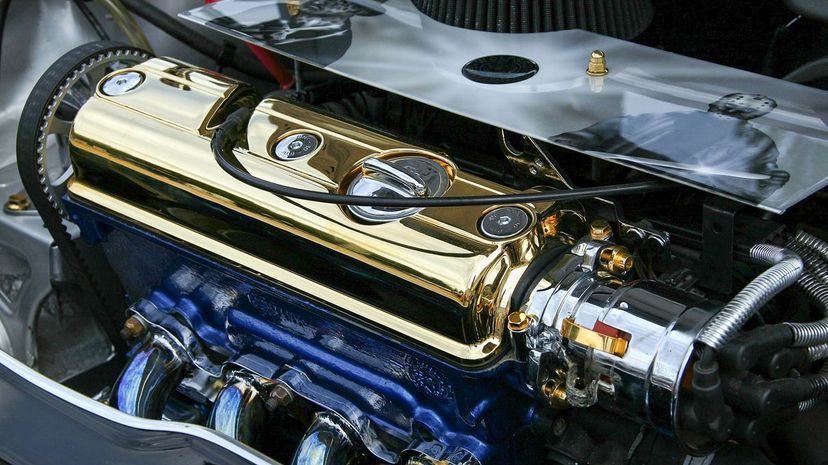
If you've ever seen a well-balanced top spinning, you'll notice the motion is remarkably smooth and flawless which is where "runs like a top" comes from in terms of automobiles. It just means there are no problems whatsoever.
Advertisement
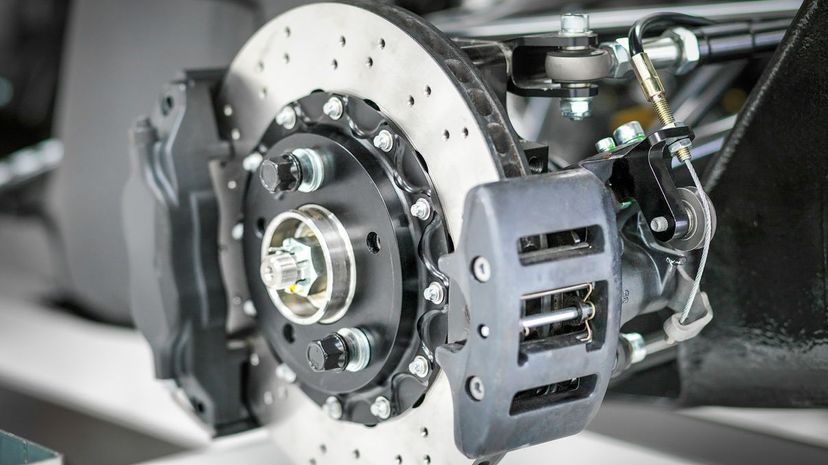
The phrase "stop on a dime" can be traced to at least 1925. A dime is the smallest coin in US currency, so being able to stop on one would require a high degree of precision. Only top quality brakes could pull that off. There is no word on whether anyone ever literally tried to do it, though
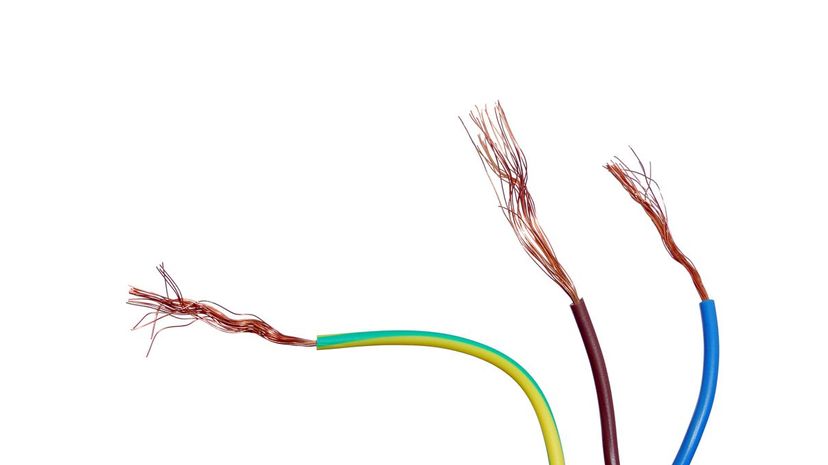
Live wires have been called "hot wires" since the 19th century, but the term hot wire relating to stealing cars seems to date to the 1940s or so. The ignition in a car could be bypassed by completing the circuit and starting the engine. Most modern cars can't be stolen this way, plus it's more time-consuming than movies make it seem.
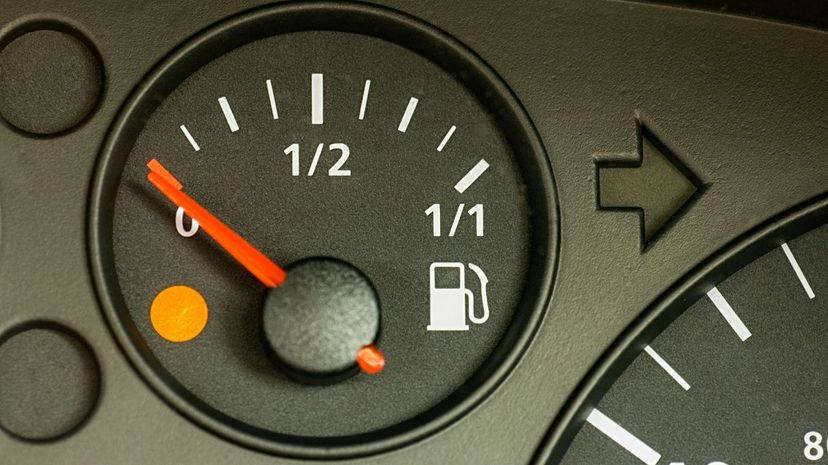
The US government helped popularize the term "gas guzzler" in 1978 with the Energy Tax Act that included gas guzzler tax provisions. Cars that didn't meet fuel standards had to pay extra to the IRS.
Advertisement
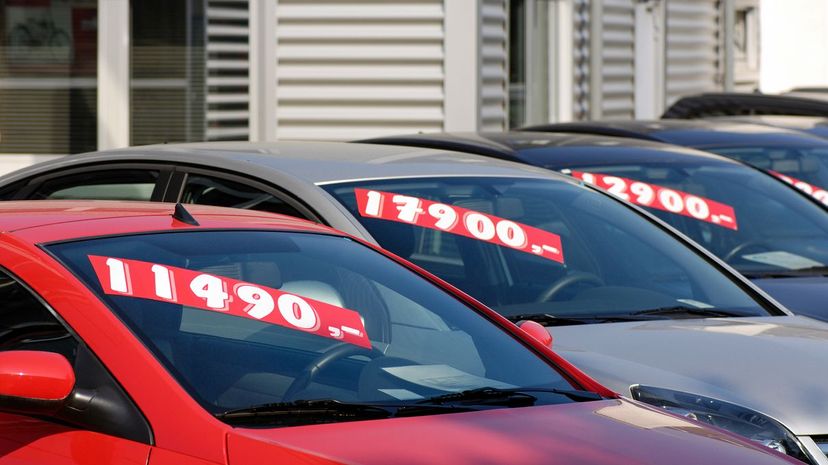
A car that is a dud is often called a lemon and no one even nows why. The etymology of the term can be traced to several potential sources. A lemon game in a pool hall was a game run by a hustler. British slang held that giving someone something inferior was to hand them a lemon, but why did that lemon imply inferiority? Another potential source came from using lemon to refer to a person who was a loser, but it still doesn't explain why lemons meant that. We may never know.
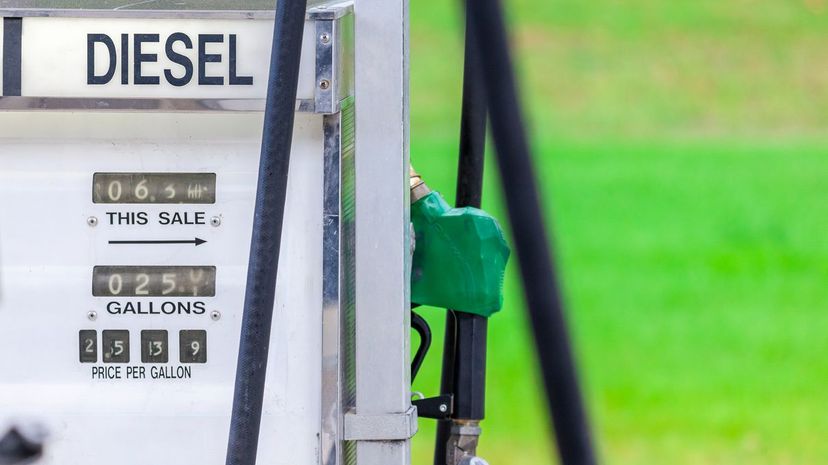
Diesel vehicles are called oil-burners but the term is not a pejorative like some might think. Because diesel fuel is very similar to something like furnace oil, it only means that diesel is basically an oil, not that a diesel engine somehow burns up extra motor oil.
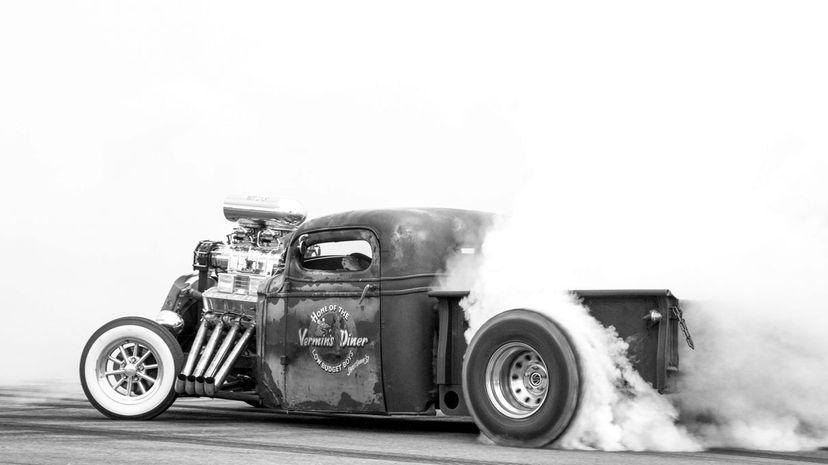
Not every car is a street legal car. Many cars used for racing can't be used on the roads legally, likewise an unsafe vehicle or a heavily modified one made in a home garage might not be up to standards to be allowed on public roads either.
Advertisement
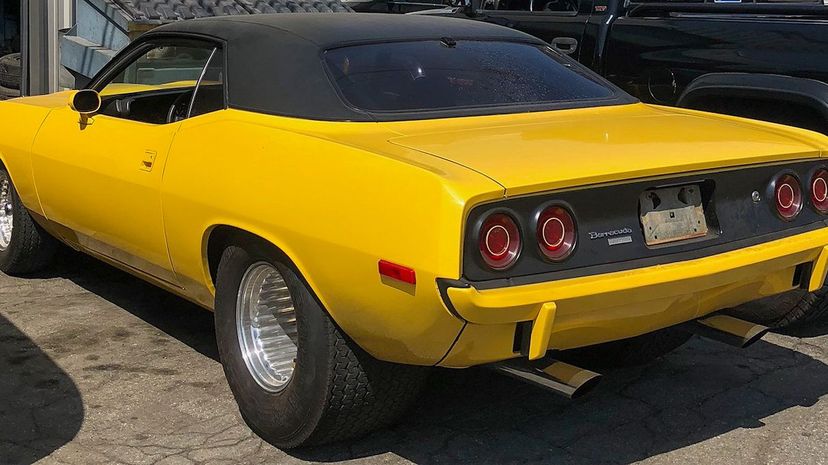
A Hemi Cuda was a Plymouth Barracuda, but not every Plymouth Barracuda was a Hemi Cuda. The Hemi was a reference to the engine, the 426 cu. in 7.0L Hemi was first used in 1968. In 1969, Plymouth released a trim package called "Cuda" and it could even be upgraded to a 440 Super Commando V8.

This is more of an old-school expression in reference to testing the limits of your engine. When you're free to push it to the limits, you can open it up by accelerating and finding out just how fast the car can go.

Another cute bit of wordplay, an amber gambler is someone who gambles on being able to make the light rather than slowing and stopping as is the preferred way of handling a light change. This expression is much more common in the UK than America.
Advertisement
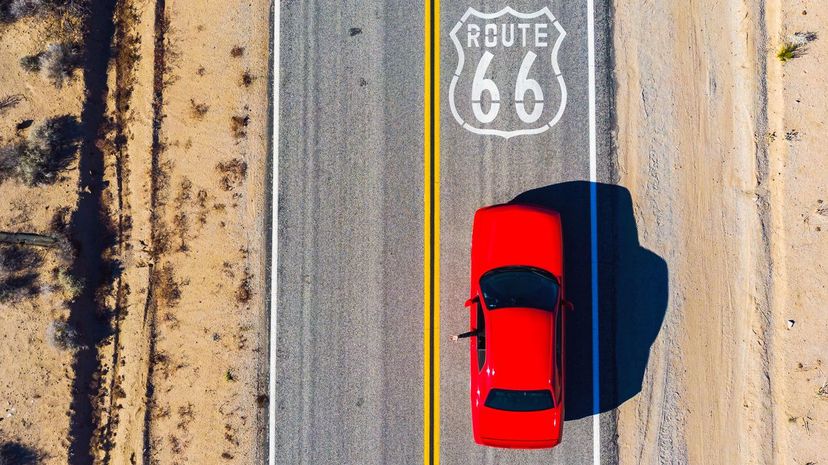
This phrase is remarkably ubiquitous these days and is used for any time you need to leave. When you hit the road, you're getting on the road to travel to your destination. It likely originates with horses whose hooves would hit the road as they ran.

Road rage sounds silly but is a very serious problem that has resulted in injuries and even deaths when people pursue and attack other drivers for perceived slights. The term dates back to the late 1980s after a series of shootings on California roads.
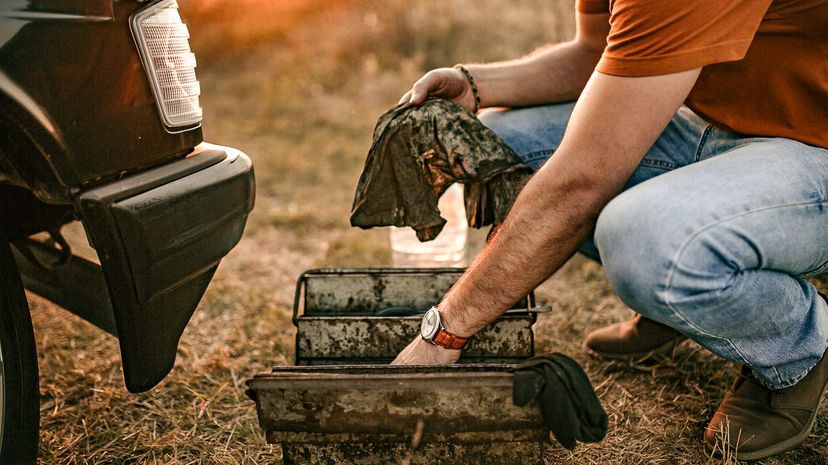
Not always the friendliest term but not necessarily an insult either, a grease monkey is a mechanic. The term may date back to 1928 when children were used to apply grease to the rotating axles of steam engines.
Advertisement
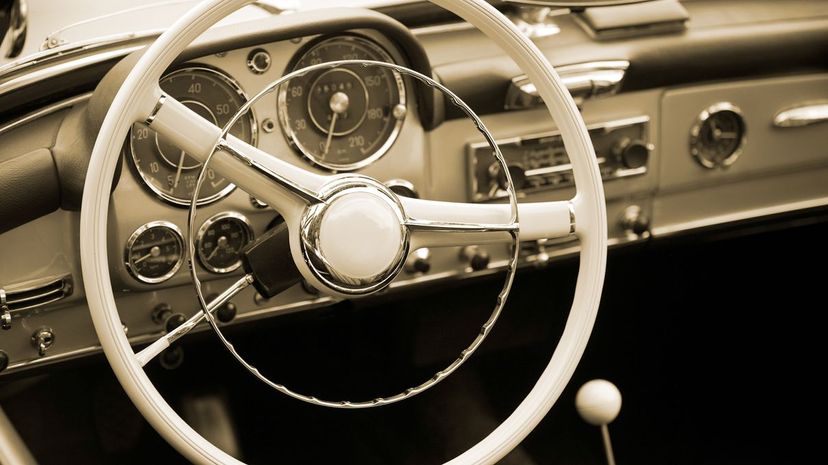
Unlike the three on the tree gearshift, the four on the floor was floor-mounted and gave you four shift options. Those who have never been in a manual transmission car will probably have never experienced such a thing.